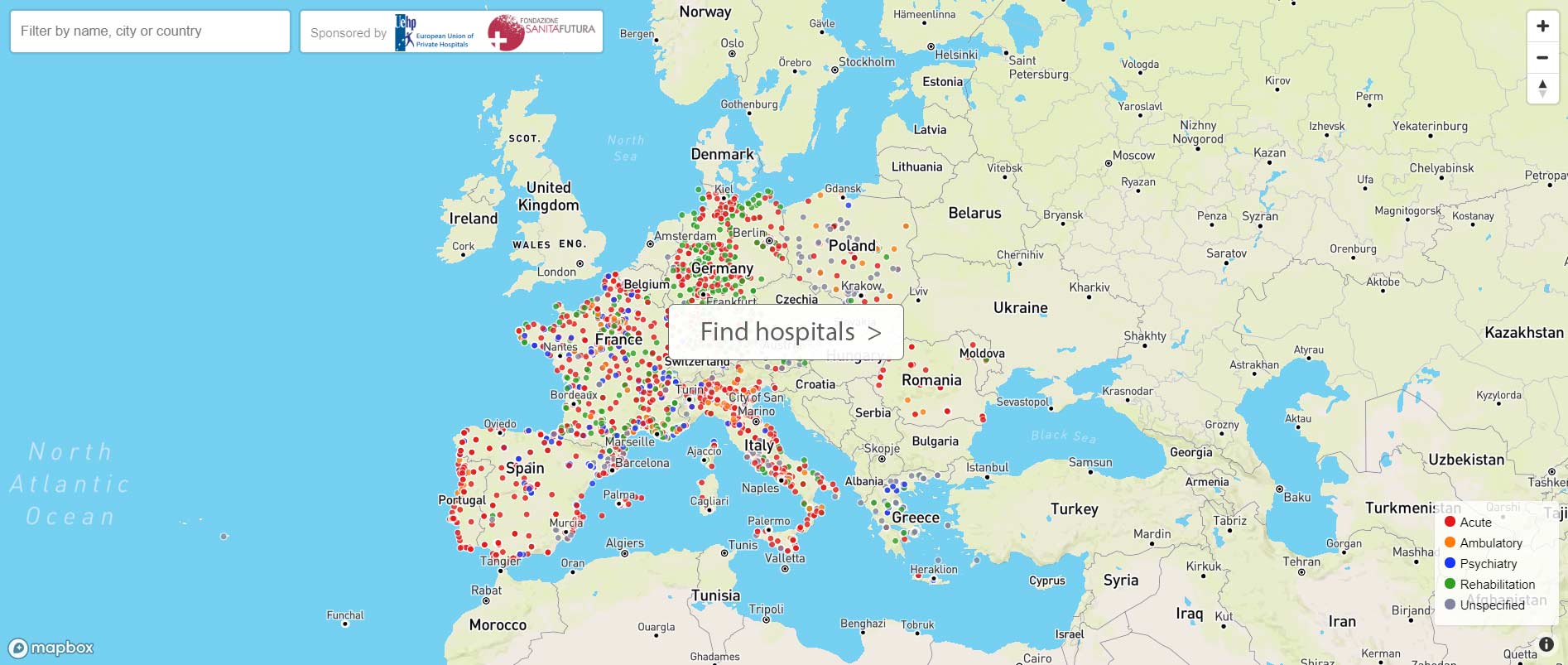Interview with Jeanne Loyher, Managing Director of the Réunion-Mayotte (French departments)-Dakar dialysis companies* who describes in unvarnished terms the functioning of the centres she manages and the working conditions they face, thousands of kilometres away from metropolitan France.
Private dialysis centres on the other side of the world
It is France, but on the other side of the world, in the Indian Ocean, where the islands of Reunion and Mayotte are located; the former, which is part of the Mascareignes archipelago, is a department and an outermost European region, to the east of Madagascar, while the latter, positioned at the entrance to the Mozambique Channel, halfway between Madagascar and Africa, is part of the Comoros archipelago.
Jeanne Loyher, General Manager of the Réunion-Mayotte dialysis companies, is experienced in project development and management in “difficult” terrain. A native of Reunion Island, she has created and managed the only dialysis centres, all of which are private, on the island of Mayotte since 2012. Others are in the pipeline, in Madagascar, Mozambique and even in West Africa, in Dakar, where a state-of-the-art centre with 38 stations will be operational by the end of 2023…

Mayotte, very difficult working conditions
Mayotte is a very poor island. Its health organisation is limited to a single hospital, the CHM, which focuses on emergencies and is equipped with 16 intensive care beds, the three MAYDIA dialysis centres and a few town doctors, for a population of 280,000 inhabitants. In addition, numerous hazards disrupt the activity: earthquakes, dengue epidemics, lack of water, etc. The three MAYDIA centres (Clinifutur group of private clinics based in Reunion Island) have two haemodialysis units in the centre and in medicalised dialysis units (UDM), and a self-dialysis centre. This provides additional care for the 300 patients from all over the region, not to mention the 150 additional patients on the waiting list. A local specificity: 55% of dialysis patients are Comorians, who have no papers and are not affiliated to the social security system. They arrive in Mayotte and are mostly at an advanced stage (IRCT) of their renal disease. Inter-regional agreements give them the right to care, but their management is very complex. For several years, dialysis sessions could not be billed. Since 2012, the Mayotte hospital centre (CHM) has been referring these patients to private dialysis centres which, since an agreement was put in place in 2017, have been invoicing the care provided. The delays in compensating the expenses incurred by the private centres for the benefit of the CHM are very long, which seriously complicates the management of the institutions. In order to limit the perilous health migrations from the Comoros, as regards chronic end-stage renal disease which requires constant care, we are working to set up centres in Anjouan and Grande Comore within the framework of Franco-Comorian cooperation.

Training, support and outreach
On Reunion Island, out of the 1,700 people undergoing dialysis, 650 are treated in the three SODIA (Clinifutur) dialysis centres, 80 of which are in medicalised dialysis units and the rest in heavy centres, representing 100,000 dialysis sessions per year. In order to meet the growing need for care of chronic end-stage renal disease in Reunion (+20% each year), we have just opened 8 posts in the West and 8 in the North.
A nurse needs six weeks of training in pairs to become autonomous. This means that between 280 and 300,000 euros per year are spent on training. This is why, in Reunion, Enova, our training centre, a skills promoter, offers a University Degree in Dialysis, online or face-to-face, to train professionals called upon to work in centres in the Seychelles, Comoros, Dakar, Madagascar or Mauritius, at the same level of care…
In Mayotte, our three dialysis centres take care of 300 patients, a high number for an island of this size. Because of the harshness of the working conditions, we have set up a network between Reunion and Mayotte with the ARS, in order to increase skills and adaptability. Every month, four people go to Mayotte. This is a way of offering mobility and training to our staff. This system will also be used with Mozambique, with whom we will be working
Finally, as these areas are tourist areas, we are developing a care offer for patients from European countries, which involves preparing the staff. The treatment protocols are identical in all the centres and we are currently working on a dialysis reception in Mauritius.
Although we are inventive, we have the impression that we are never inventive enough… However, our continuous development is of interest to communities of communes, French overseas collectivities, Ministries of Health in countries that are geographically neighbouring or French-speaking, who request our services. We are proud of these achievements. Our mobile teams provide a model which, like a label, combines quality of care, sustainable development and access to autonomy.
Dialysis, as we practise it in Reunion, in the Indian Ocean islands and in some African countries, must offer innovative and reproducible solutions, given the insularity of the island. The climatic conditions and infrastructures (water and electricity supply disruption) require the implementation of extraordinary crisis management plans. We are also keen to share our know-how with Mayotte, Madagascar, the Seychelles, the Comoros, Dakar, Mauritius, etc.
*Jeanne Loyher is also Managing Director of Enova (training organisation), member of the National Health Authority establishment certification commission and member of the board of directors of the Federation of Overseas Companies.


